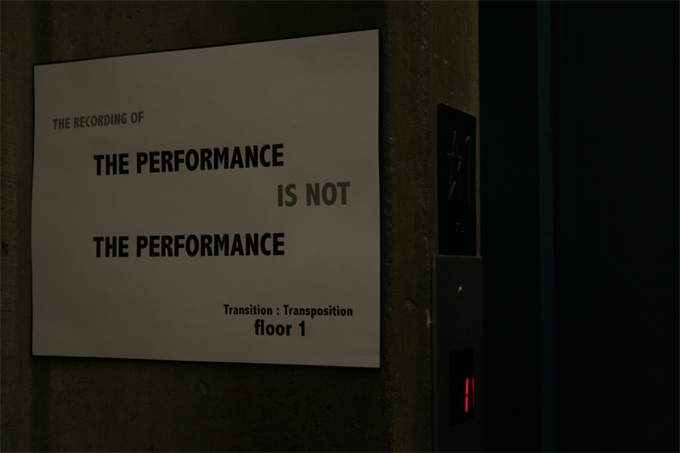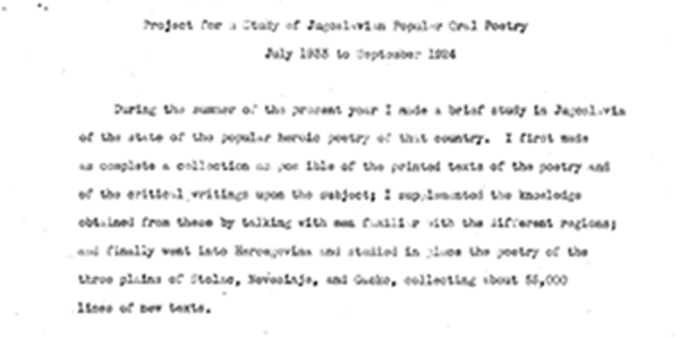THE SOUND OF EPIC
Milman Parry Archives
Beginning in the 1930s, Harvard classicists Milman Parry and Albert Lord
recorded hundreds of hours of epic poetry in then-Yugoslavia in a quest to
discover the identity of Homer. While their research transformed our
understanding of myth from Homer's era to our own, these early field recordings
also captured a unique and fragile oral art form. Today, the artifacts of this
research exist very much as they did 80 years ago, as files of collected
transcriptions and thousands of the original aluminum records made during the
field trips to Yugoslavia. While these objects form a rich body of knowledge,
they are too delicate to be easily accessible to the public. By capitalizing on
recent digitization efforts by the curators of the collection, this project
presents this material to a public audience, most of whom will be experiencing
it for the first time.
As oral poetry is an art form that does not use the written word, we have
created a sound installation that enables these epics to exist without the
intellectual framework in which they were initially gathered. In a similar
fashion, we placed our installation in the unorthodox location of the GSD
elevators, thereby placing it outside of the more usual spaces for
contemporary art and curation, a world mostly alien to the context in which this
poetry arose. With their movement, elevators also enforce the notions of
transience and repetition that are at the core of oral poetry; the elevator
doors function as disappearing and re-appearing display surfaces. As a spatial
metaphor, the elevators thus underline the balance of contradictions that arises
when an art form based on transience and collective memory meets with recording
technologies. By encouraging our audience to focus on aural cues instead of
written explanations, we hope to create an environment in which the intrinsic
value of this poetry can be experienced.




